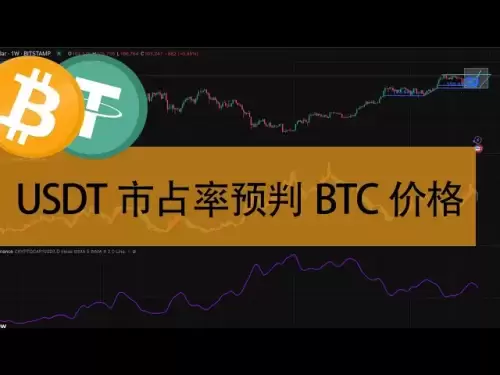Billy Markus, co-creator of Dogecoin and a prominent voice on X, recently sparked discussion with a stark take on the state of the U.S. housing market.

Billy Markus, the co-creator of Dogecoin, is best known for his playful and sometimes cynical takes on the crypto space. But in a recent post on X (formerly Twitter), Markus raised a pressing issue that sparked heated debate among users.
As pointed out by Barchart, a financial content platform and data provider, the Case-Shiller Home Price Index, adjusted for inflation, has soared to an astronomical level of nearly 300 in 2025. This staggering figure surpasses even the peak reached before the devastating 2008 mortgage crisis.
Markus, known for his username "bammer89" on X, expressed his skepticism, highlighting that the chart spans over 130 years, showcasing periods of boom and bust. He questioned how the current price levels, which appear to be completely detached from historical norms, could possibly be sustained without causing catastrophic consequences.
"I mean, how does the world economy survive if they correct this market without causing a chain reaction that bankrupts the major construction companies, the companies that provide materials for construction, the companies that service and maintain buildings (heating, cooling, plumbing, electrical), the companies that provide food and other goods to the workers in those industries, and ultimately, the people who are employed by those companies and consume their products?" Markus stated.
The familiar factors fueling this housing market frenzy include suppressed interest rates, leading to increased demand, limited housing supply, and speculative buying activity, especially from institutions like BlackRock. According to Markus, any attempt to cool down the market—such as raising interest rates or curbing investor activity—risks triggering a chain reaction, potentially destabilizing key industries like construction and finance.
Some commenters on X pushed back, arguing that the situation doesn't necessarily imply an imminent crash. One commenter suggested lowering interest rates instead to improve affordability, while another saw the market entering a necessary phase of rebalancing, not collapse.
While opinions may differ, Markus' comments certainly reflect growing unease over whether today's inflated housing market can avoid the fate of 2008—or if history is quietly repeating itself. Only time will tell the true tale of this economic chapter.





















































































